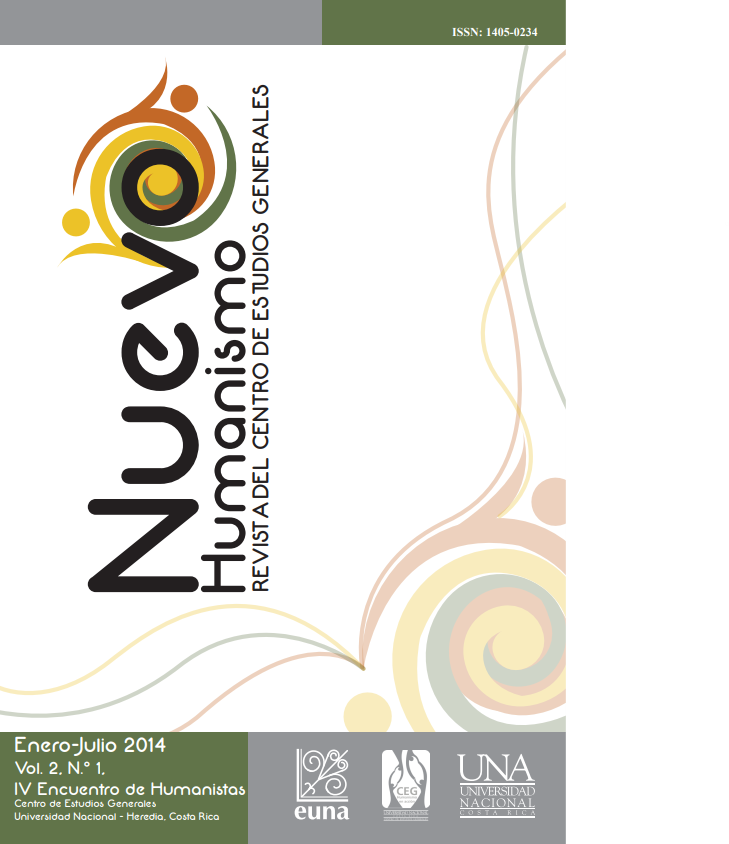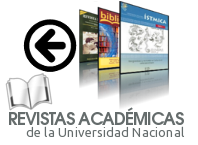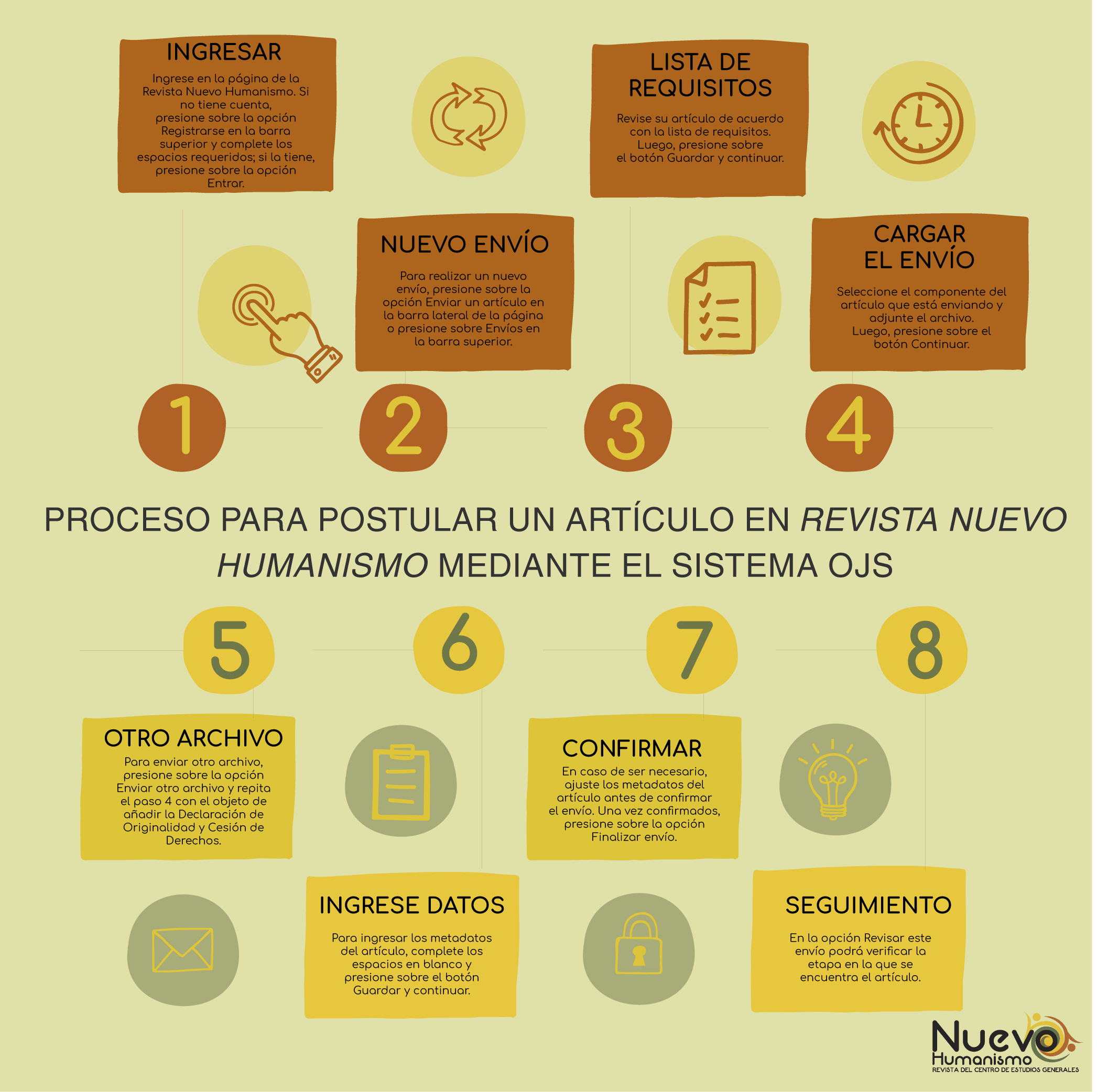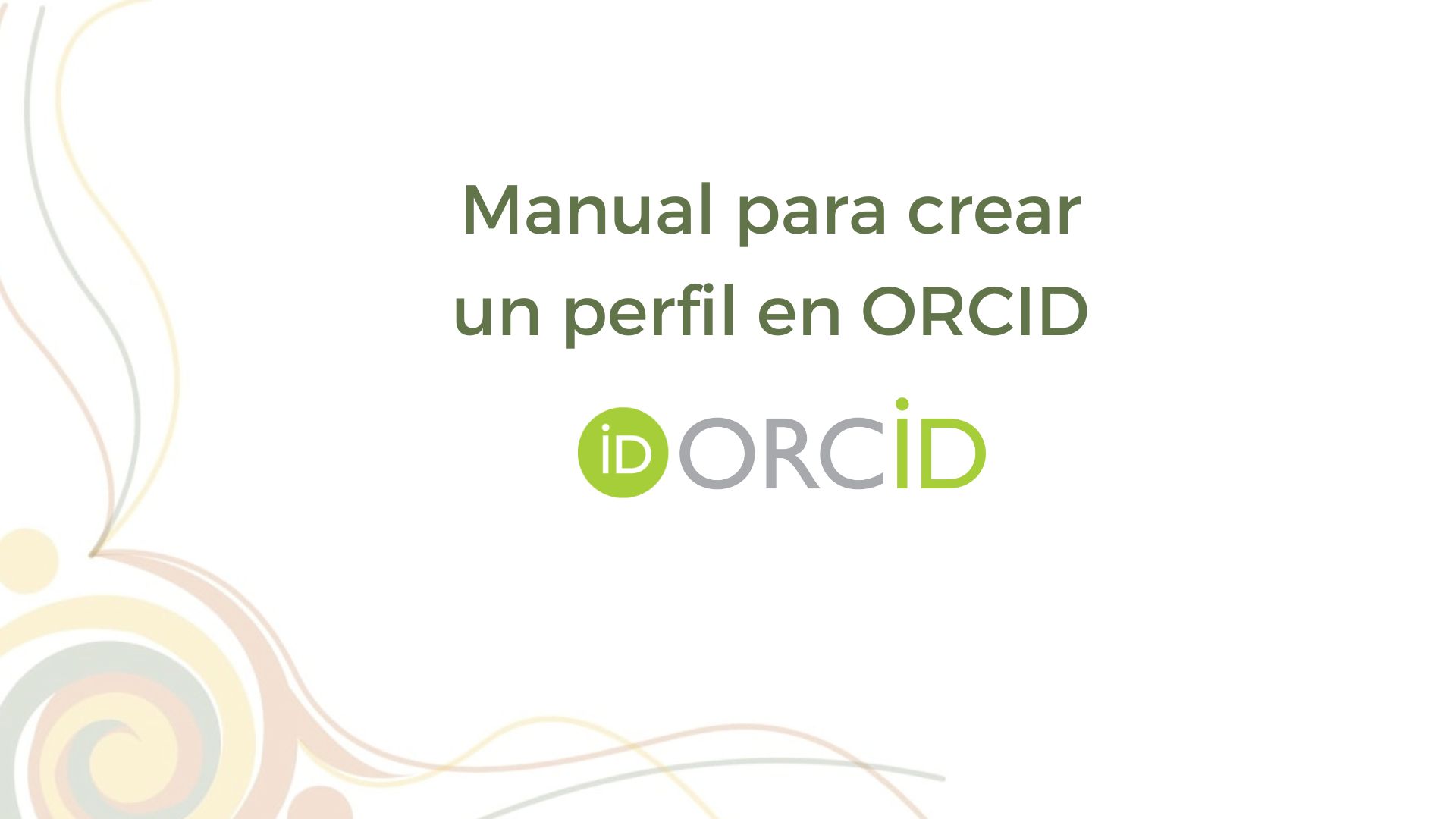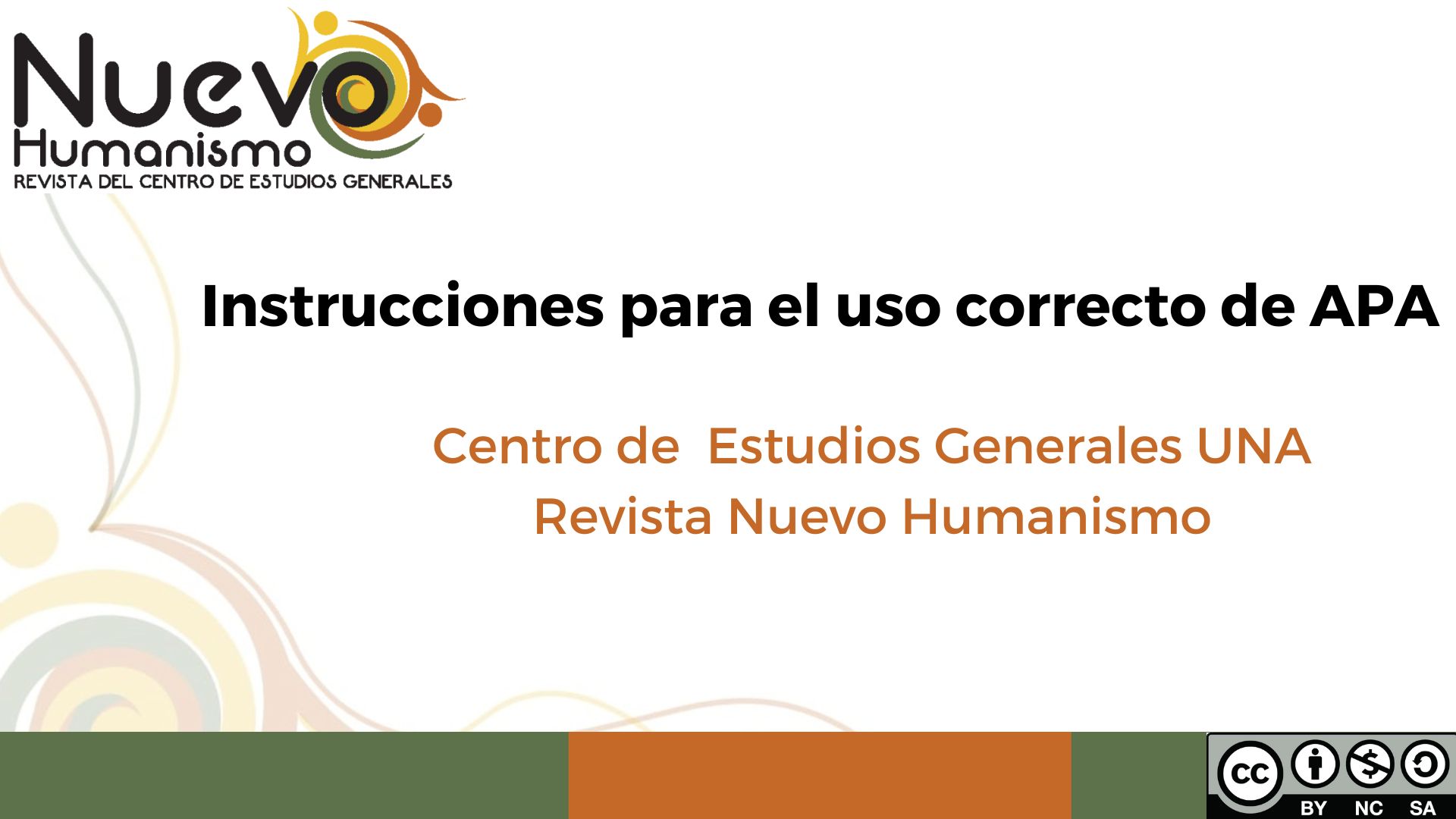Learning experiences in the teaching of mathematics to incarcerated university students: a humanistic sense
DOI:
https://doi.org/10.15359/rnh.2-1.4Keywords:
college student in detention, criminal institution, UNED, Mathematics for administrators.Abstract
This paper brings together the experiences of research conducted with college students doing time at the Liberia Criminal Center, as support to the course of Mathematics for Administrators II of Universidad Estatal a Distancia (UNED). The problems they face are: lack of teaching resources, inadequate infrastructure, and lack of mentoring to provide them with meaningful learning. The commitment of the researcher was to provide support to the students in the course, through a participatory and humanistic methodology, oriented to the attainment of study techniques to enable them to acquire the necessary mathematical skills. From the humanist perspective, the learning possibilities of a student in prison were assessed, in relation to those of students who attend college.References
Arroyo, E. (2007). Orientaciones para el curso: Matemática para Administradores II. Escuela de Ciencias. San José, Costa Rica: UNED.
Barrantes, R. (2003). Investigación: un camino al conocimiento, un enfoque cualitativo y cuantitativo. San José, Costa Rica: EUNED.
Bello, S.; Quezada, J. y Montesinos, R. (2007). Nuevas y viejas formas de la penalidad en América Latina. Buenos Aires.
Declaración Universal de los Derechos Humanos. (1948). Recuperado de http://www. un.org/es/documents/udhr
García, C, Gutiérrez, M. y Condemarín, N. (1999). A estudiar se aprende. D.F., Mexico: Alfaomega Grupo Editor S.A.
Lomeña J. (2001). Técnicas cualitativas en investigación. Recuperado de http://www. investigalia.com/cualitativas.html
Marqués, P. (2000). Los medios didácticos. Recuperado de http://www.pangea.org/peremarques/ medios.htm
Ministerio de Hacienda. (2007). El acceso a la educación superior en las instituciones penitenciarias de Costa Rica. Disponible en http://www.hacienda.go.cr/centro/ datos/Articulo/El%20acceso%20a%20la%20educaci%C3%B3n%20superior%20 en%20las%20instituciones%20penitenciarias-CR.pdf.
Scarfó, F. (2008). La educación pública en cárceles como garantía de una igualdad sustantiva. Presidente de la GESEC. Comisión Universitaria sobre la Educación Pública en las Cárceles de la Universidad Nacional La Plata, Argentina.
Schunk, D. (1997). Teorías del aprendizaje. México: Pearson, Prentice Hall.
Taylor, S. y Bogdan, R. (1990). Introducción a los métodos cualitativos de investigación. México: Paidós.

